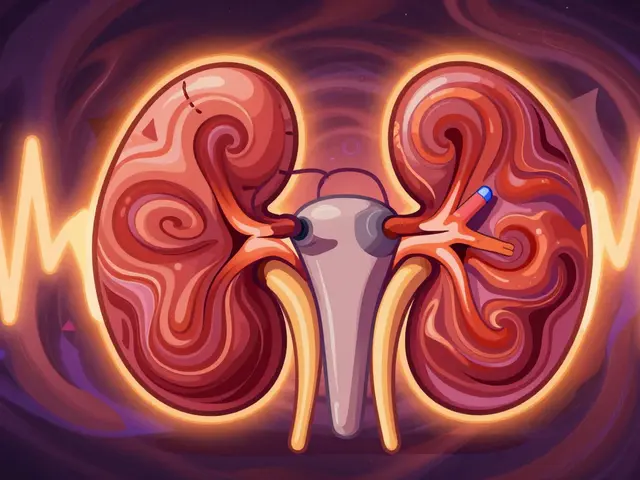
Disability Benefits – Your Simple Guide
If you’re living with a long‑term health condition, disability benefits can make a big difference. They’re designed to help with everyday costs, give you peace of mind, and let you focus on staying healthy. This page explains who can claim, how to start, and what to expect once you’re receiving support.
Who Can Claim?
In the UK, you can qualify for disability benefits if you have a physical or mental condition that makes it hard to work or manage daily tasks. The main programs are:
- Personal Independence Payment (PIP) – for daily living and mobility needs.
- Employment and Support Allowance (ESA) – if you’re unable to work or need help finding a job.
- Universal Credit (UC) – includes a disabled element for those on a low income.
Eligibility isn’t about a specific diagnosis; it’s about how your condition affects you. You’ll be asked about your ability to dress, cook, move around, and manage money. If you’re unsure, a doctor’s note or a specialist report can strengthen your claim.
How to Start Your Claim
Getting benefits starts with a clear, step‑by‑step plan:
- Gather evidence. Collect medical letters, prescription lists, and any hospital reports. Our site’s medication guides – like the cheap generic Plavix or Singulair articles – can help you list the drugs you’re taking and why they’re needed.
- Call the relevant helpline. For PIP or ESA, dial 0800 917 2222. For Universal Credit, you’ll use the online portal.
- Complete the questionnaire. Answer each question honestly. If a question seems unclear, write a short note explaining your situation.
- Attend a face‑to‑face assessment. Most claims require a health professional to meet you. Bring all your paperwork and be ready to describe how your condition limits you.
- Wait for the decision. Decisions usually come within a few weeks. If you get a lower amount than expected, you can ask for a reconsideration.
While you wait, keep a diary of any daily challenges. This record can be useful if you need to appeal later.
Managing health while on benefits is easier when you know which medicines are affordable and safe. Our guides on buying cheap generic drugs – from Allegra to Doxycycline – show you how to get the right treatment without breaking the bank. If you’re on a strict budget, look for NHS prescription prepayment certificates; they can save you money if you need several repeat prescriptions.
Don’t forget to check for extra support. Local councils often run transport schemes, home adaptations, and budgeting workshops for benefit claimants. Charities like Turn2Us or the Disability Rights UK website list free resources and advice lines.
Finally, stay proactive. Benefits aren’t a one‑time thing; they’re reviewed regularly. If your health improves or worsens, report the change right away. Keeping your information up to date ensures you get the correct amount and avoid any over‑payment issues.
Disability benefits are there to help you live a fuller life, not to hold you back. By gathering the right evidence, following the claim steps, and using the health guides on our site, you can secure the financial support you deserve and focus on staying well.
-
9 Sep






